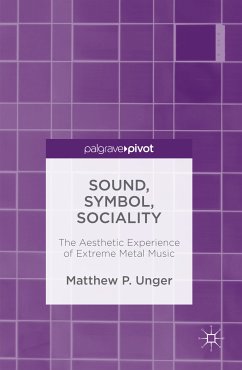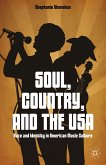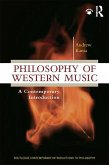Based on ethnographic research within the extreme metal community, Unger offers a thought-provoking look at how symbols of authenticity and defilement fashion social experience in surprising ways. Exploring the many themes and ciphers that comprise this musical community, this book interprets aesthetic resonances as a way to understand contemporary identity, politics, and social relations. In the end, this book develops a unique argument: the internal composition of the community's music and sound moulds symbols that shape, reflect, and constrain social patterns of identity, difference, and transgression. This book contributes to the sociology of sound and music, the study of religion in popular culture, and the role of aesthetics in everyday life. It will be of interest to upper level students, post-graduate students and scholars of religion, popular culture, and philosophy.
Matthew P. Unger is Assistant Professor of Sociology and Anthropology at Concordia University in Montreal. He is co-editor (with George Pavlich) of Accusation: Creating Criminals and Entryways and Criminalization. His work encompasses social theoretical and archival approaches to socio-legal ethics, religion, and sound.
Dieser Download kann aus rechtlichen Gründen nur mit Rechnungsadresse in A, B, BG, CY, CZ, D, DK, EW, E, FIN, F, GR, HR, H, IRL, I, LT, L, LR, M, NL, PL, P, R, S, SLO, SK ausgeliefert werden.









